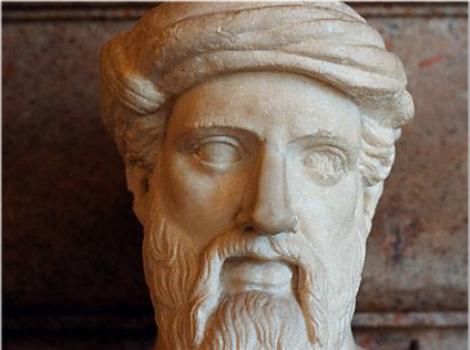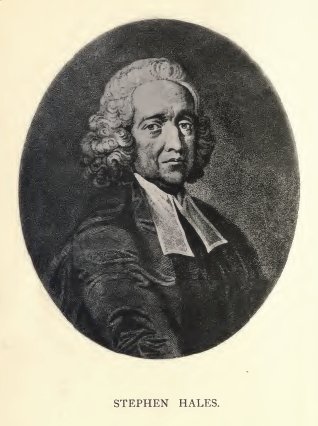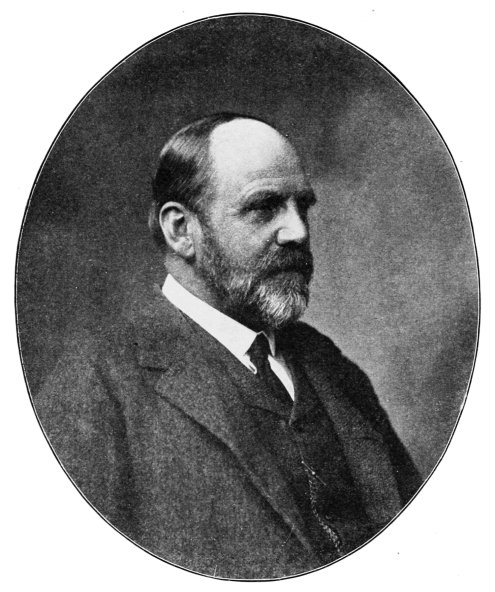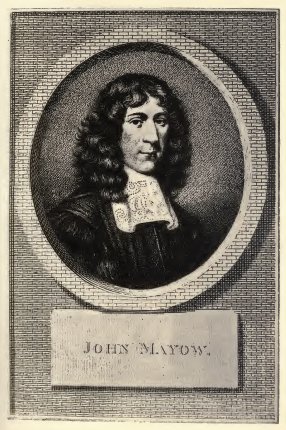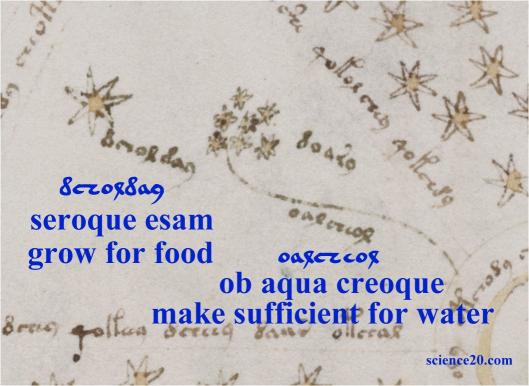 Understanding The Voynich Manuscript #4
Understanding The Voynich Manuscript #4Understanding The Voynich Manuscript #4 If not Latin, then what? Please see the links at...
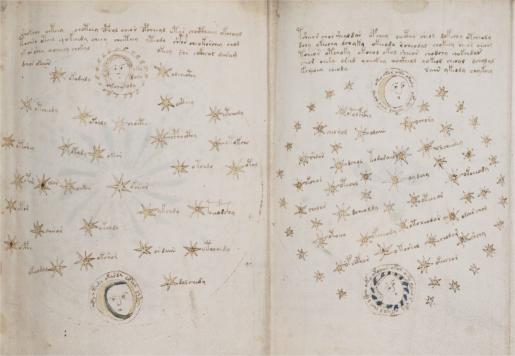 Understanding the Voynich Manuscript #3
Understanding the Voynich Manuscript #3Understanding the Voynich Manuscript #3 Plants and the moon. For thousands of years, people...
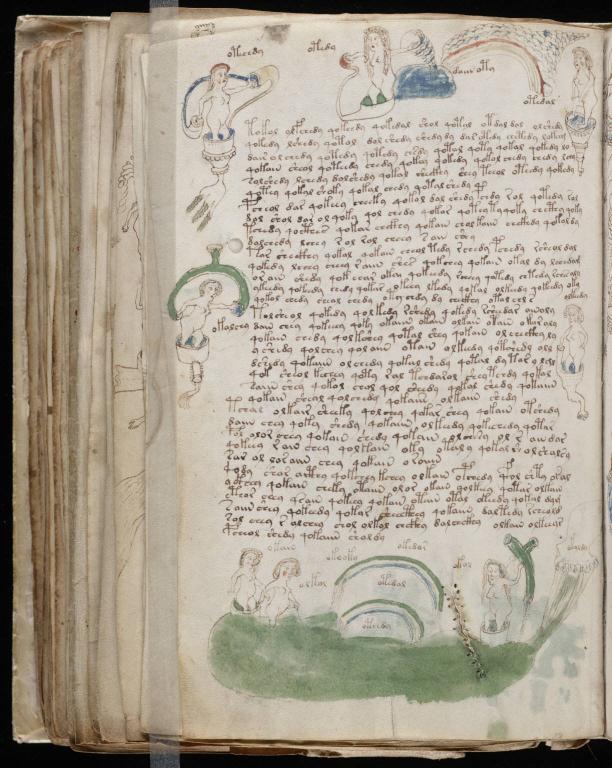 Understanding the Voynich Manuscript #2
Understanding the Voynich Manuscript #2Understanding the Voynich Manuscript #2 An i for an i ? Not nymphs: women! There are...
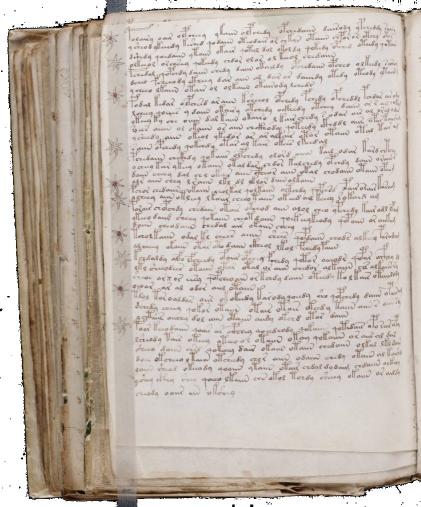 Understanding The Voynich Manuscript #1
Understanding The Voynich Manuscript #1Understanding the Voynich Manuscript #1 Tom, Dick and Harry explain a statistical method. ...



